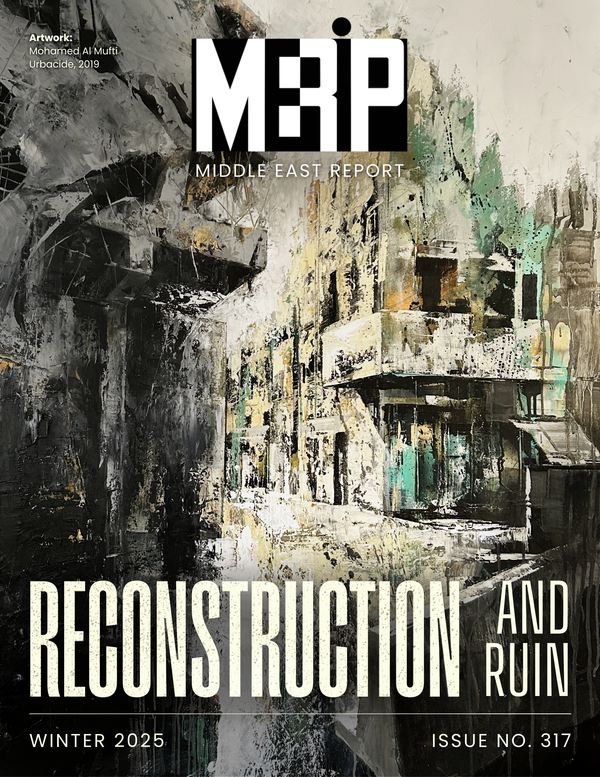Gran, Development by People
Guy Gran, Development by People: Citizen Construction of a Just World (New York: Praeger, 1983). This ambitious book seeks to serve as a guide to building new societies in the Third World (and ultimately everywhere else) based on grassroots participatory development and the democratic empowerment o









